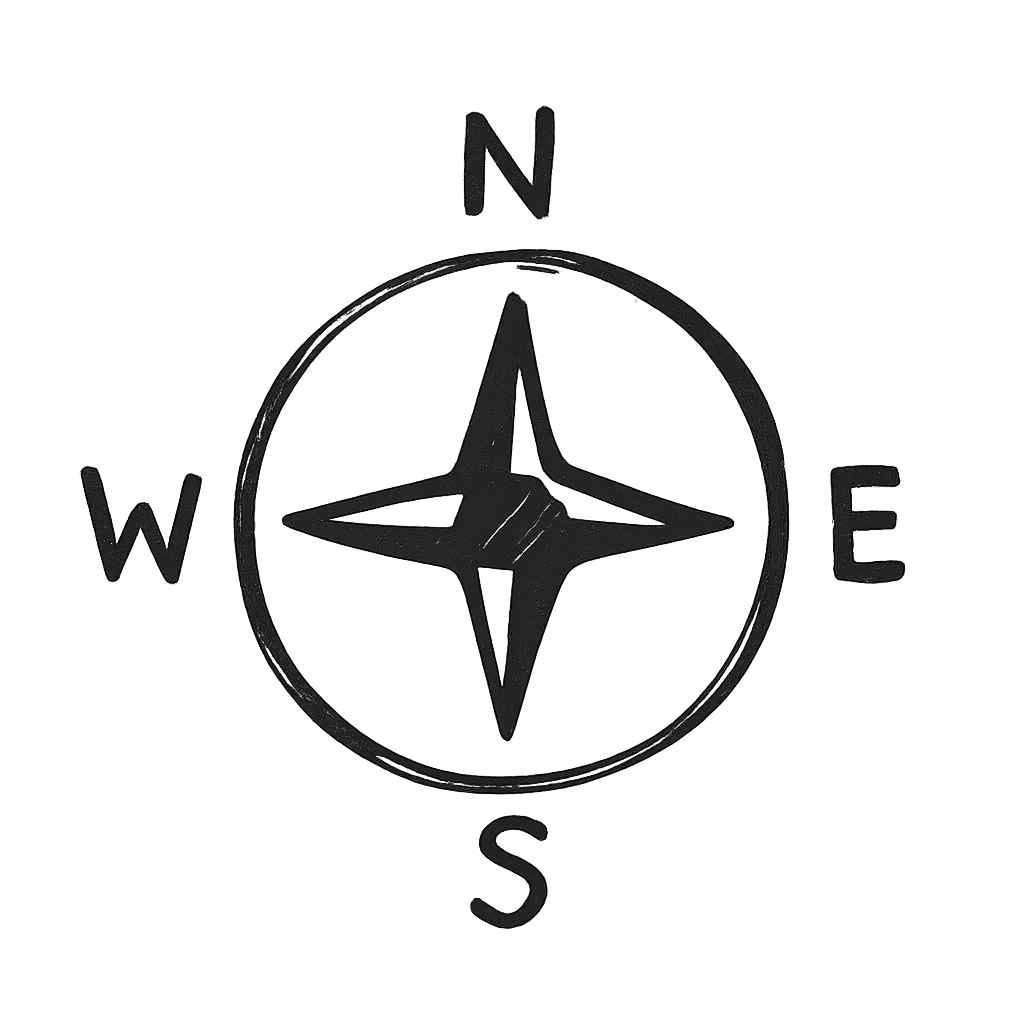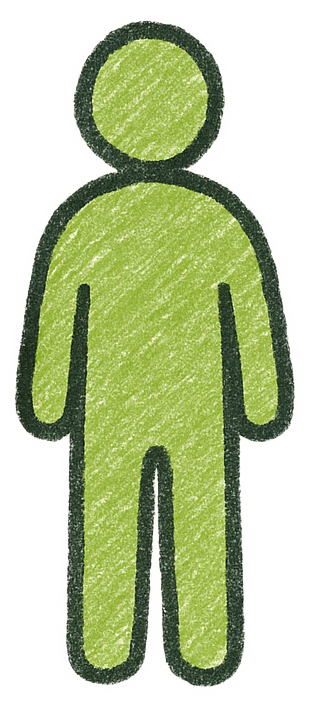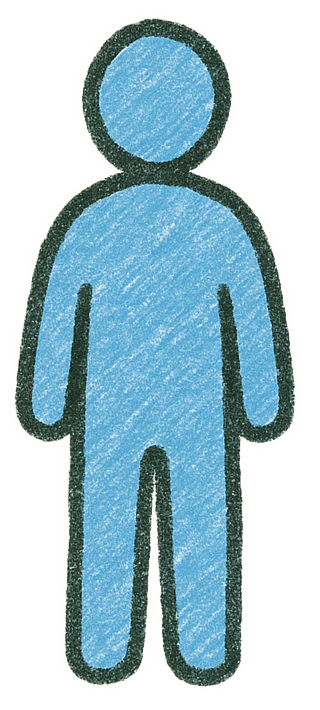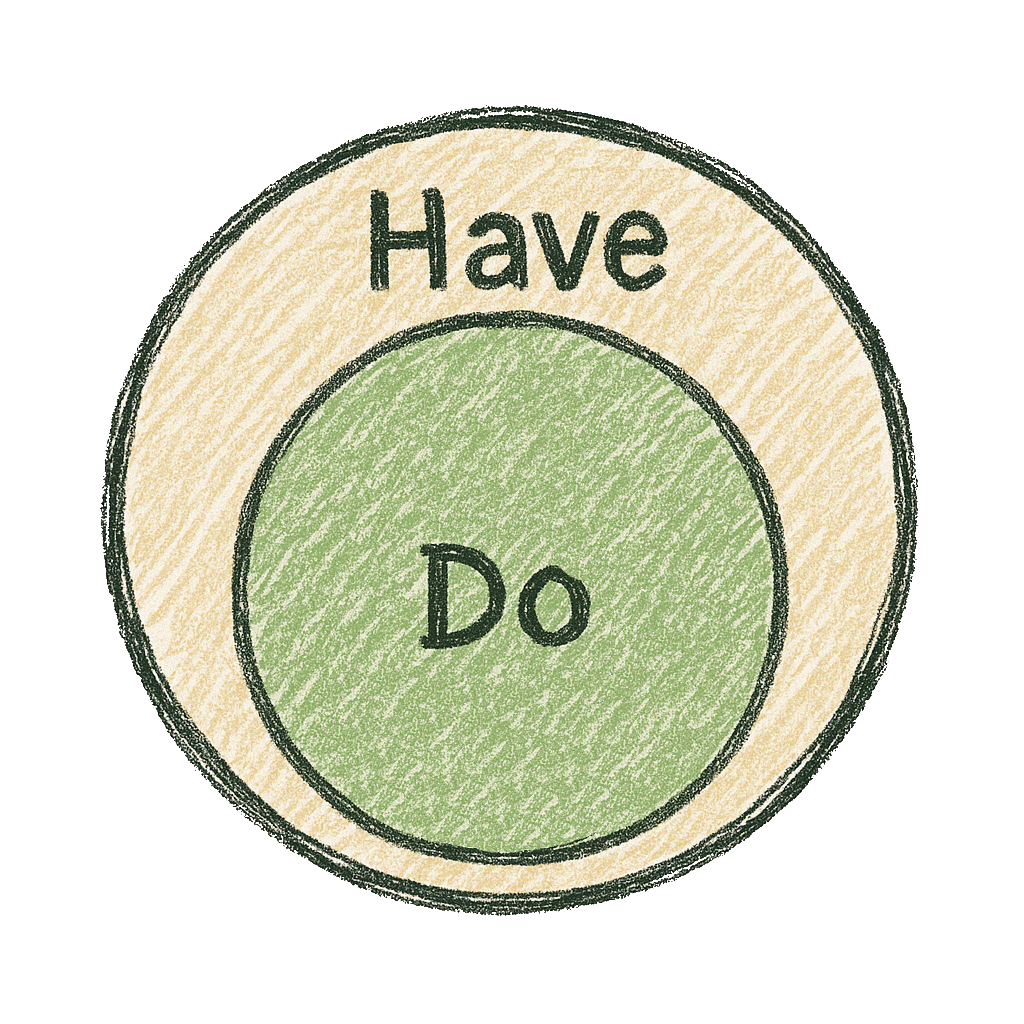
You’ve already done the striving.
You’ve asked the hard questions.
You’ve made meaning that’s truly your own.
Now you want a coach who won’t waste your time, talk in circles or hand you prefab answers.
This isn’t performance coaching.
This is real work - the kind where you get to look at who you’ve become and decide what’s next.
In brief…
Stages of adult development
-
Typically found in younger children
Driven by instincts and emotions
Little awareness of others’ perspectives
-
Typically seen in adolescents
Focused on personal needs and goals
Other people are important in how they serve the self
-
Most common stage in adults
Identity shaped by relationships, culture and external expectations
Values inherited rather than chosen
-
Seen in some adults
Able to define their own beliefs, goals and systems
Can see others’ views but not defined by them
-
Rarely seen
Recognises that even their own self-authored identity is limited
Open to contradiction, complexity and ongoing transformation
What do these different stages care about?
Stage 2 - Instrumental (15%)
Understands rules, rewards, and consequences.
Sees others as tools to get what they want.
“If I do this, I get that.”
Stage 3 - Socialised (50%)
Identity shaped by others’ expectations — family, culture, peers.
Wants to be liked, fit in, be seen as good.
“I believe this because they do.”
Stage 4 - Self-Authoring (30%)
Becomes the author of their own identity.
Lives from chosen values, inner compass, self-set direction.
“I believe this because I’ve thought deeply about it.”
Stage 5 - Self-Transforming (less than 5% in early stages)
Sees their own identities as constructed and evolving.
Can hold paradox, embrace uncertainty, and shift systems of thinking.
“Who I am depends on the system I’m in — and that’s always changing.”
Why does this matter to you?
Many coaching approaches are a one size fits all approach however people at different points in their development need different types of conversations. We tailor all of our coaching specifically to our client’s way of making meaning.
You want to win, succeed, or get what you need — but relationships and complexity get in the way.
Coaching helps you build tools, strategies, and accountability to meet your goals — while expanding your awareness of others’ perspectives.
Stage 2 - Instrumental
You’re shaped by others’ expectations and may struggle to define your own path.
Coaching gives you a safe place to explore your beliefs, notice the stories you’ve inherited, and begin the journey toward owning your voice.
Stage 3 - Socialised
You start making decisions based on your own values — not just others’.
Coaching helps you refine your vision, align your life with your principles, and create systems that truly reflect who you’re becoming.
Stage 4 - Self-Authoring
Even your self-authored identity feels partial. You sense deeper patterns — and want to grow through them, not just fix them.
Coaching helps you hold paradox, see yourself as a system, and evolve your meaning-making process itself — not just what you believe, but how you believe.
Stage 5 - Self-Transforming
Does anything here resonate for you? If you’re looking to develop yourself and want assistance from coaches who understand what’s needed, maybe we should have a conversation and see whether we can assist you.
Coaching tailored to how you find meaning
Most coaching helps you get better at doing — setting goals, building habits, staying accountable. That’s valuable.
But what if the very way you see yourself, others, and the world is what’s keeping you stuck?
What if the problem isn’t your productivity — it’s the lens you're seeing your life through?
Here are some different coaching models and methods that work best for different developmental stages.
Surface-level performance coaching
Focus: Tasks, goals, productivity, problem-solving.
Assumption: If you change what you do, you’ll change what you have.
Common models:
GROW model (Goal → Reality → Options → Will)
SMART goals
Accountability coaching
Typical client questions:
“What do I want to achieve?”
“What do I need to do differently to get it?”
Developmental level: Often suits Stage 3-4 thinkers who want direction and clarity without radically re-examining their identity.
Best for you if you have specific goals that you want to go after without wanting to look deeper.
Ready to get things moving?
Let’s explore a practical path forward that works for you.
Transformational coaching
Focus: Inner world, mindset, beliefs, identity, embodied presence.
Assumption: Sustainable change flows from a shift in being.
Common models:
Ontological coaching (Werner Erhard, Newfield Network)
Immunity to change (Robert Kegan & Lisa Lahey)
Be-Do-Have framework (popular in transformational circles)
Transformational NLP / Parts work / Internal family systems
Typical Client questions:
“Who am I being that creates these actions and outcomes?”
“What identity shift would make this behaviour natural?”
Developmental level: Ideal for those entering or moving through Stage 4 (Self-Authoring). These clients crave alignment, meaning, and coherence.
Best for you if you want to focus on who you are being rather than what you are doing.
Curious about your deeper ‘why’?
Let’s explore how your identity and values can lead the way.
Coaching the self-transforming mind
Focus: Emergence, paradox, systemic awareness, meaning-making itself.
Assumption: The self is not a fixed object, but a fluid, constructed lens — and we can evolve how we construct meaning.
Common models:
Constructive developmental coaching (based on Kegan’s framework)
Adult developmental coaching (e.g. Jennifer Garvey Berger, Harthill, Action Inquiry)
Vertical development coaching (Integral theory, STAGES, etc.)
Meta-coaching / Ontological inquiry / Philosophical coaching
Typical client questions:
“What are the systems and assumptions that shape how I see this?”
“Where is my current lens too small for what’s emerging?”
“What part of me is trying to control this — and what if I let go?”
Developmental level: Stage 5 and beyond — or those near the threshold. These clients aren’t just trying to succeed or even grow — they’re trying to evolve their relationship to growth itself.
Best for you if you know who you are and what you value, however may find that knowledge limiting who you are able to be.
Exploring the edges of who you are?
Let’s step into the unknown — together.
Let’s start a conversation
Email
bookings@identity-architects.com
Hours
9am to 5pm, Monday to Friday
Let’s connect and talk possibilities
If you find that our approach to coaching people at their level of meaning-making resonates with you, why not get in touch and find out more.
We live to help champion the whole person sitting in front of us to reach their full potential and we’d love to help you too.









